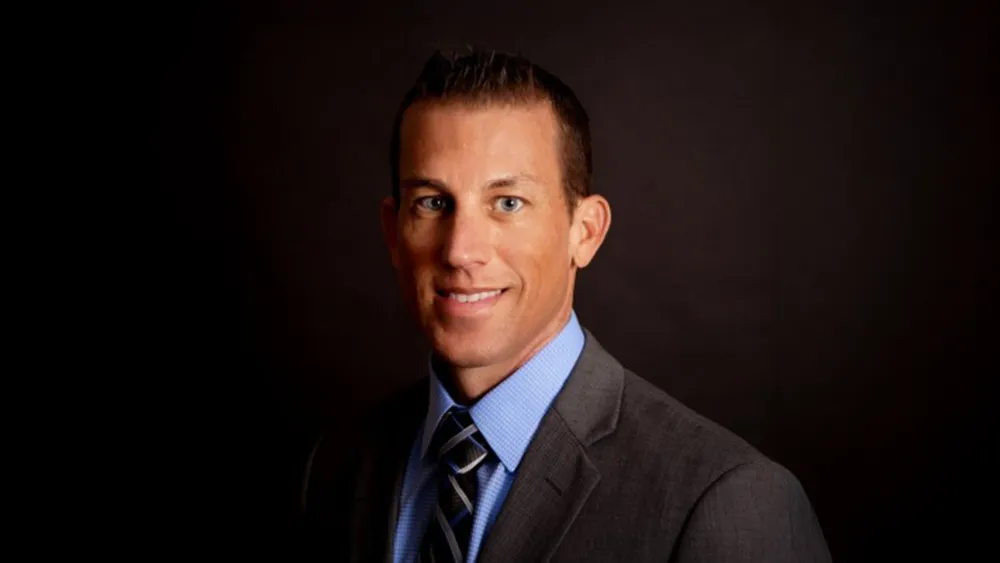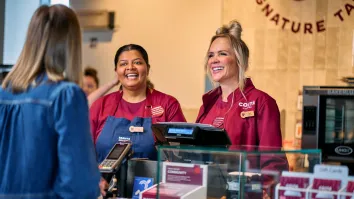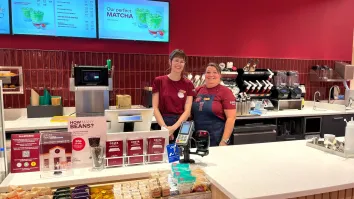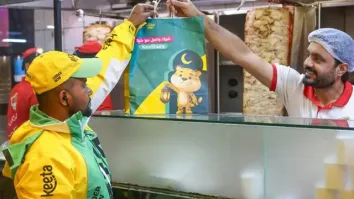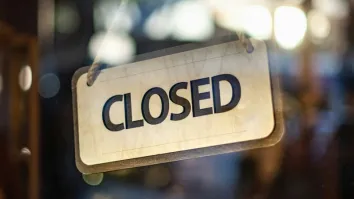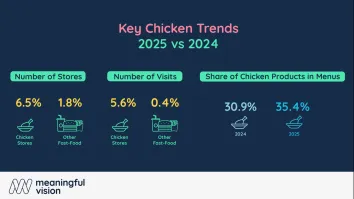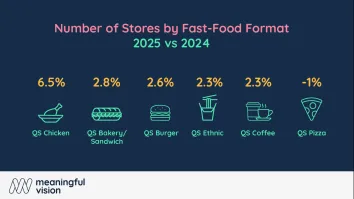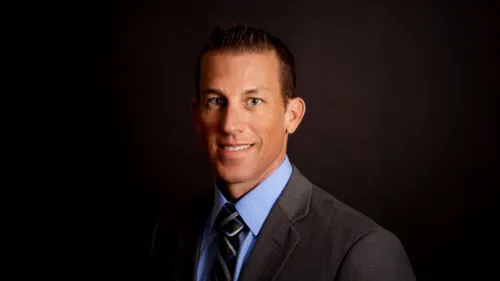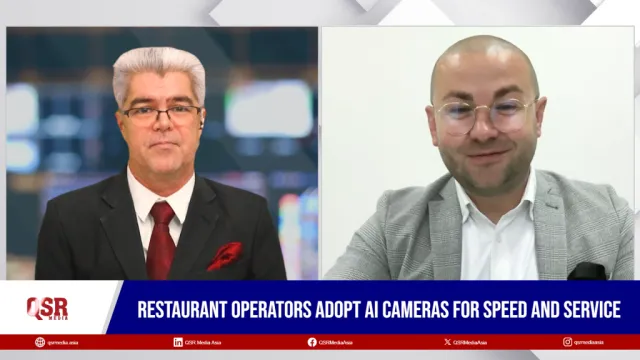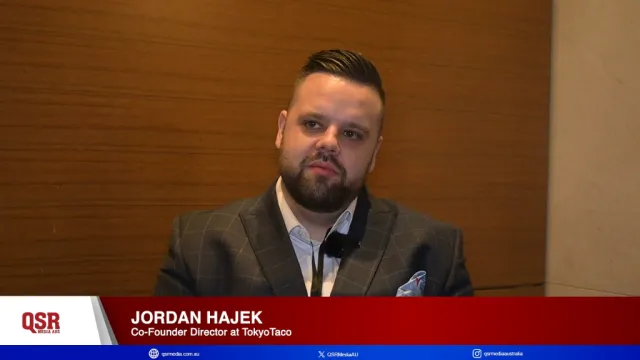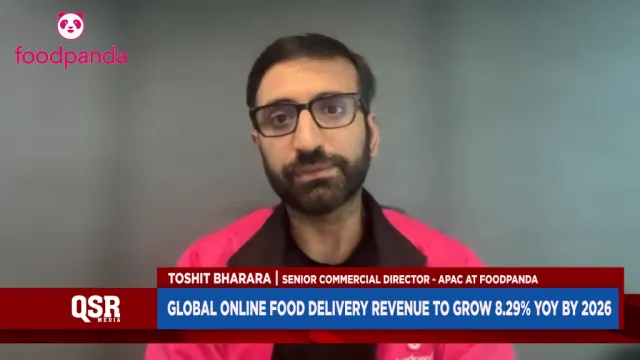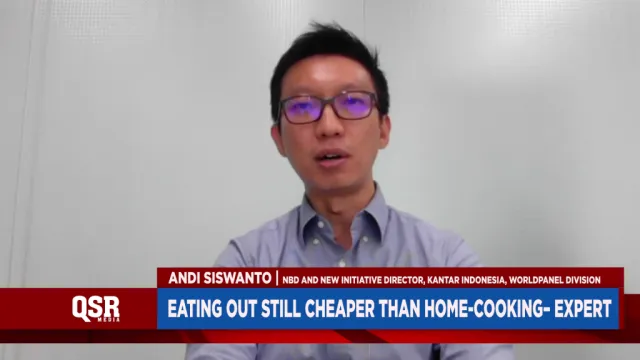
Why going upstream isn’t for every QSR brand operator
CEO Bryan Loo explains why this works for Tealive and not their other brands.
Loob Holding paid more than $2m to never again suffer from supply chain challenges and take control of one of their key ingredients: tapioca pearls.
Loob Holding is a beverage company in Malaysia. It is known for the bubble tea brand franchise Tealive, which has almost 1,000 outlets in the world. The brand also owns a coffee concept called Bask Bear Coffee, and kombucha retail brand Wonderbrew.
The group recently announced that it has commissioned a tapioca manufacturing plant for RM10m ($2.14m) in late November. The plant has an installed capacity of 400 tonnes per month. Currently, it can produce 100 tonnes of tapioca pearls. The group aims to have it ramp up production, to produce 300 tonnes per month, enough for Loob Holding to supply tapioca pearls for all its Tealive outlets in Malaysia.
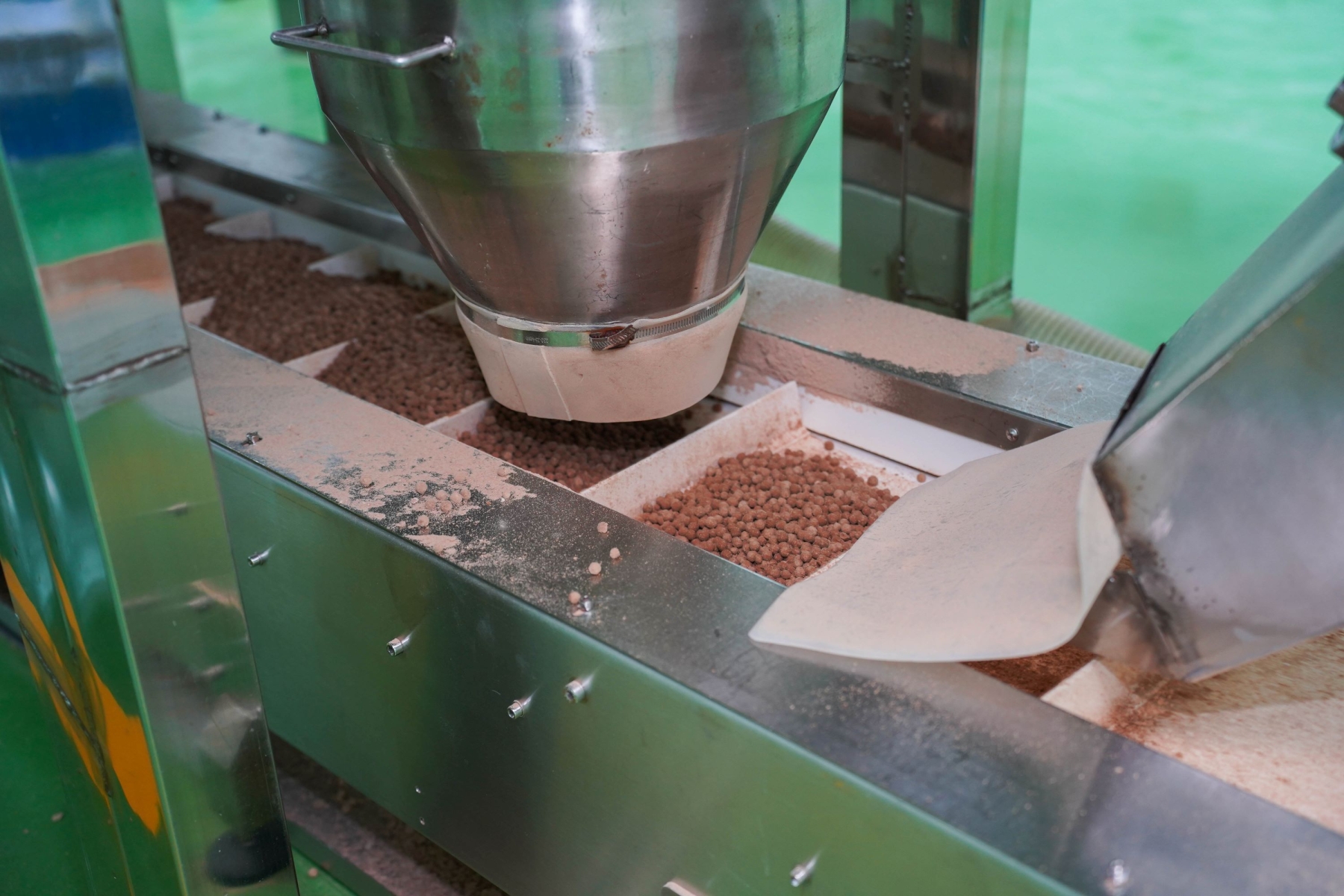
In a quick interview with QSR Media, Loob Holding founder and CEO Bryan Loo said the vision for having their manufacturing plant was in talks during 2020 however when the pandemic hit, they had to shelve the project.
In 2021, Loob Holding began to outline the plan for the manufacturing plant. Bryan said they started with envisioning the factory’s design, ordering machinery, and discussing various aspects of the operations like hiring technical managers. Loob Holding worked together with their supplier partners Zhejiang Boduo International Trade Co Ltd and Shanghai Panfei International Trade Co Ltd who offered their expertise for the project.
Bryan said this move was very logical if you look at how most bubble tea brands operate.
“When you look at the bubble tea landscape, most of our competitors are just retail brand owners. Very few of our competitors are going upstream. We see a need to be an integrated brand operator because we want to have a lot more competitive edge,” Bryan explained.
One way Bryan figured this could happen was if they could control their key ingredients like the tapioca pearls.
MORE LIKE THIS: How GOPIZZA plans to be the next McDonald’s
“This isn’t just cost-effective but also lets us be prepared in situations where our supply chain gets disrupted. Because of the strategic location of Malaysia, it has to be the hub for format franchising,” Bryan said.
This also shortens the supply chain. According to Bryan, most of the best flour used in tapioca pearl manufacturing comes from Thailand. What happens is that the flour is sent to manufacturing plants like Taiwan and China and then shipped back to their regional hubs. By having their manufacturing plant, they will have a logistical advantage due to Malaysia’s geographical location.
“Before, we had to buy from suppliers in Taiwan and China. Then we ship it to Malaysia and then we disseminate it to other countries. There was a lot of overlapping work where we had to buy from Taiwan and then ship it out again. Meanwhile, Taiwan is buying the ingredients from Thailand to manufacture in Taiwan. There was a lot of inefficiency in the entire value chain,” Bryan explained.
With the help of their Chinese partners, Loob Holding built an almost fully automated tapioca plant, with only the packaging at the end requiring human interference which they also planned to fully automate in the future.
Strategic
Bryan reiterates that the decision to bring the manufacturing process for Tealive is strategic. He said currently, he doesn’t see this working for Loob Holding’s other brands like Bask Bear Coffee.

“Going upstream is not the answer to every problem. It could give you more problems than before. When it comes to Bask Bear Coffee, I would have to say no because coffee is a lot more complex. Buying coffee beans from suppliers gives me a lot more flexibility. If I want to change it, I can change it anytime. If I’m not happy with the workflow with one, I can continue to evolve. But once I build a manufacturing plant and get the ball rolling, we become less flexible,” Bryan said.
Another possible problem is even after going upstream, it would take time before operators like Loob Holding see benefits like cost savings.
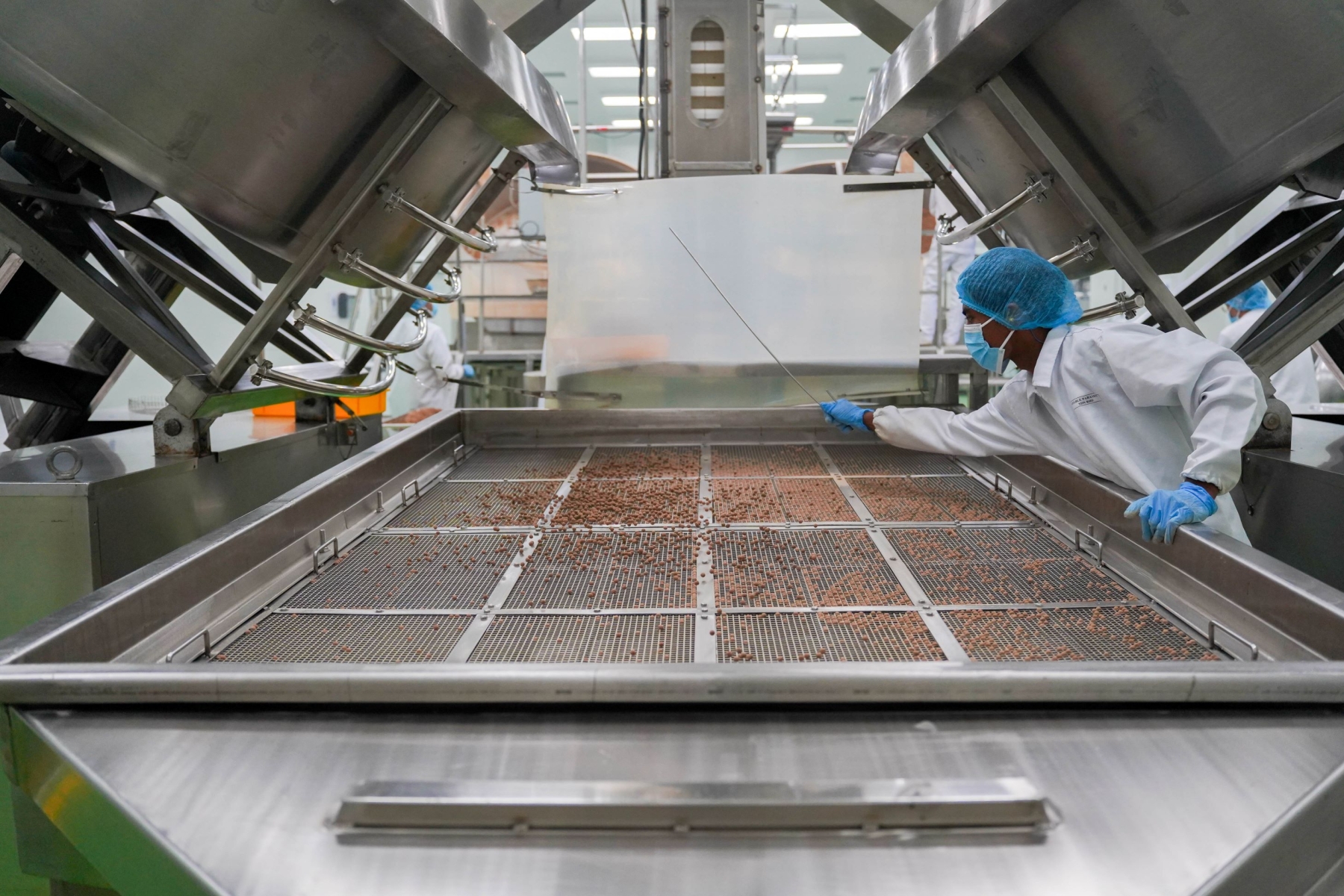
With how the new tapioca manufacturing plant is working right now, the cost savings from it is not significant. Bryan said this is because they haven’t yet maximised the capacity of the plant.
“Phase one is to ramp up production. Phase two is to be able to fully supply our network. By next year, we should be able to supply the entire network of stores which means domestic plus regional. But to be more efficient in terms of savings, we should be able to use one plant to produce multiple ingredients. Everything else will be cost down,” Bryan explained.
WATCH: Localised over standardised offerings preferred in cafes
Bryan estimates that by 2024 they will be able to fully maximise the new manufacturing plant and have secondary and tertiary ingredients to manufacture.
Five-year plan
For now, Bryan said by next year they would start exporting its tapioca pearls to other markets, starting with the Philippines.
“Our goal for Southeast Asia, as much as possible, is to grow our company-owned stores as we expand our model. Anything beyond the Southeast Asian market should be a franchise. Currently, we are looking at the Middle East and Africa as well because we feel that these markets are underpenetrated,” Bryan said.
“The only motivation for going upstream is first we must understand, do we have the expertise? And if you can answer that, and with the right partners, then you’ll take one step forward to materialising it.”
